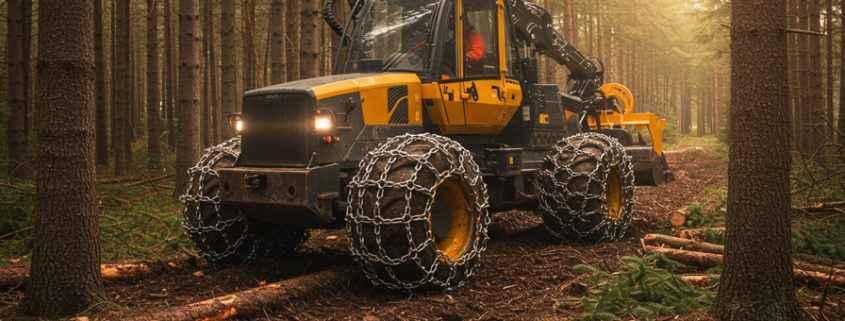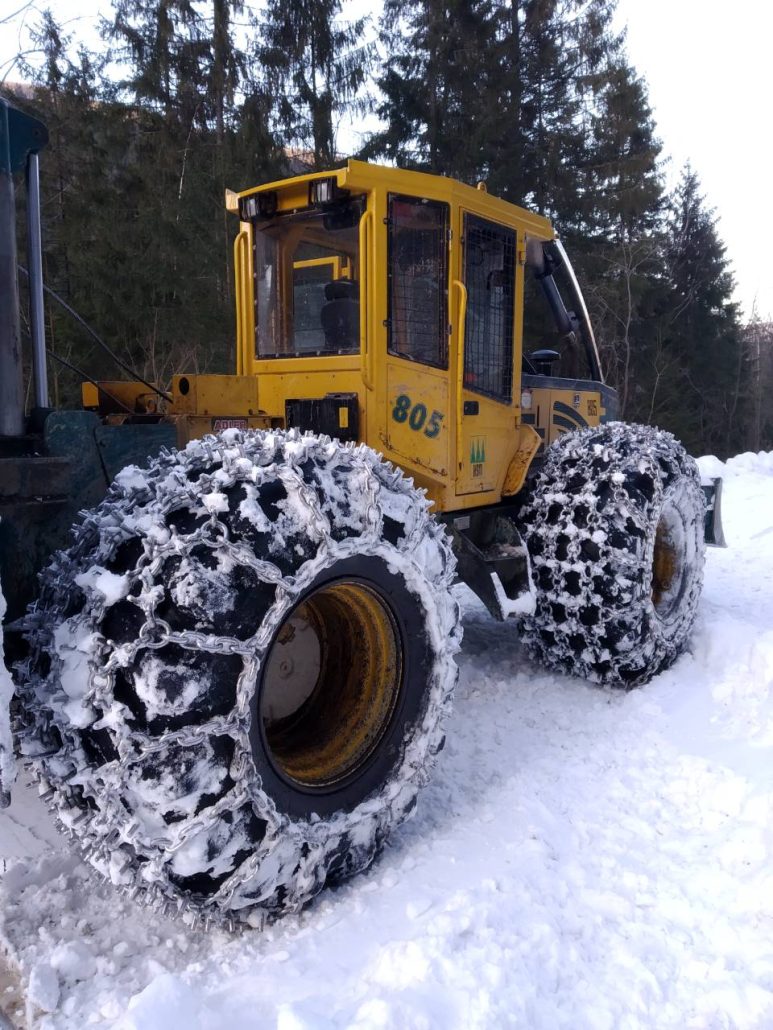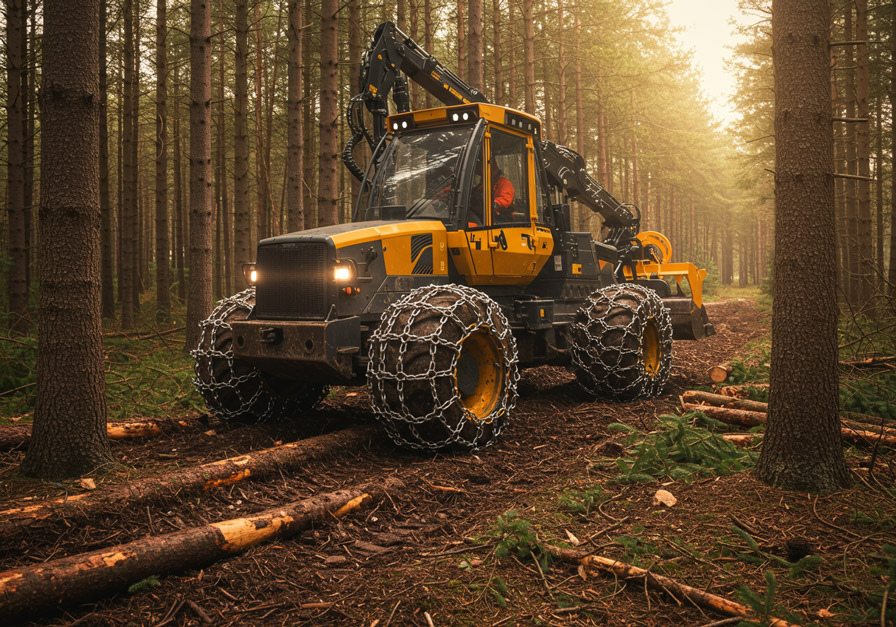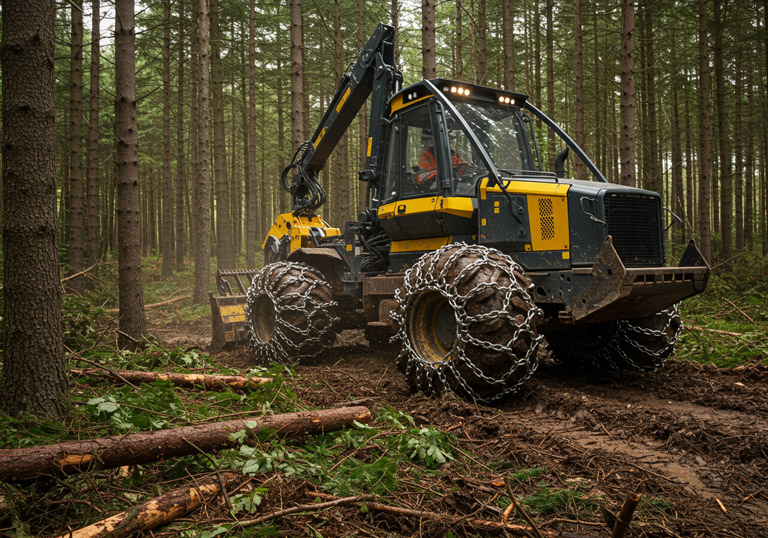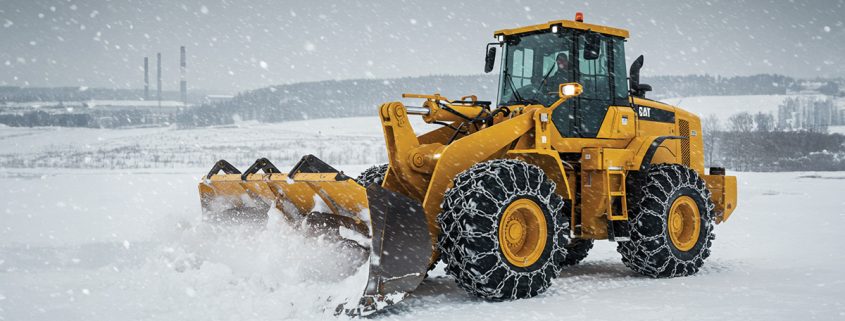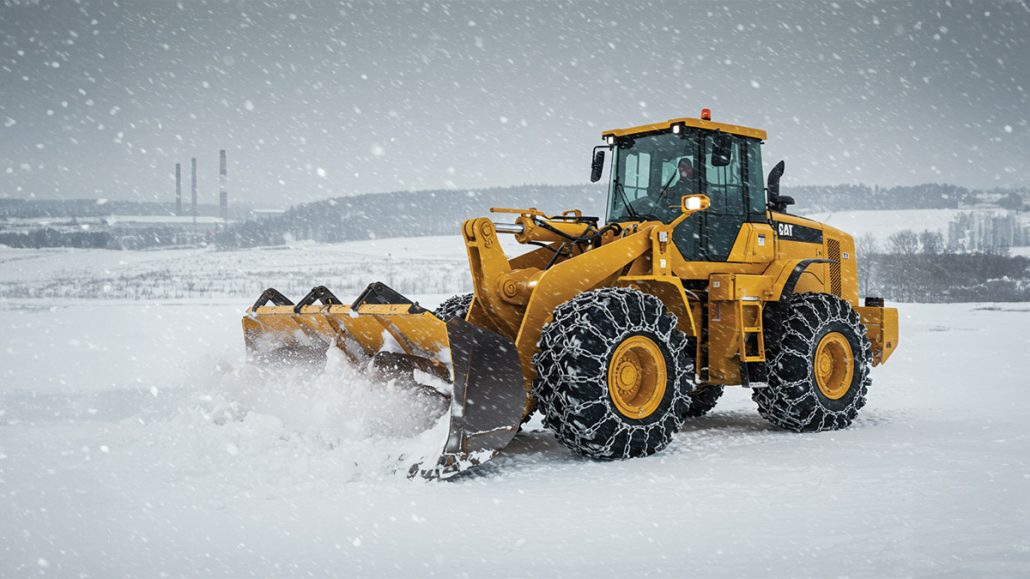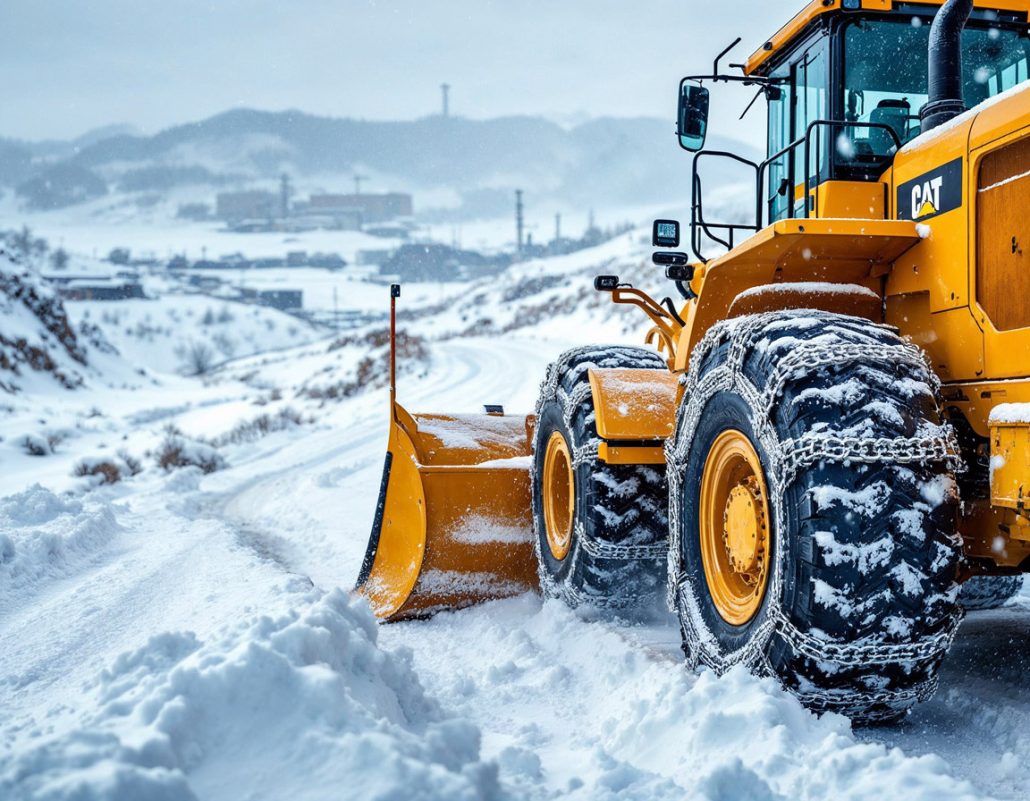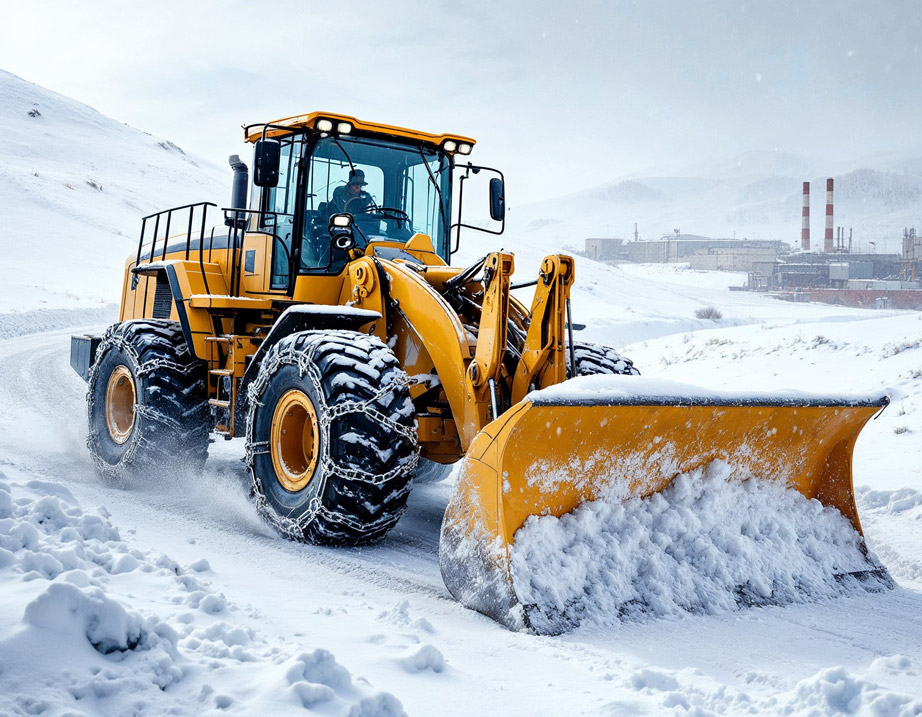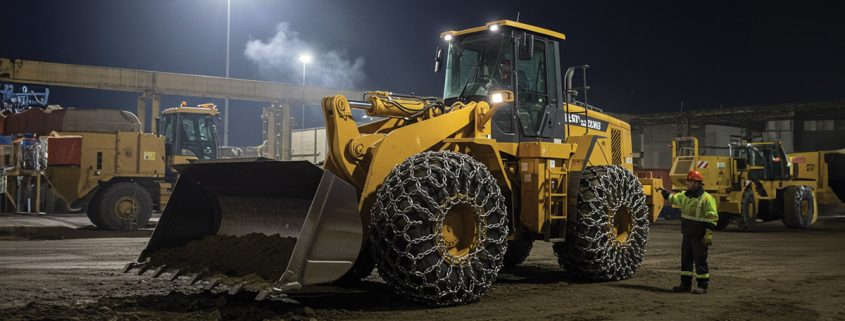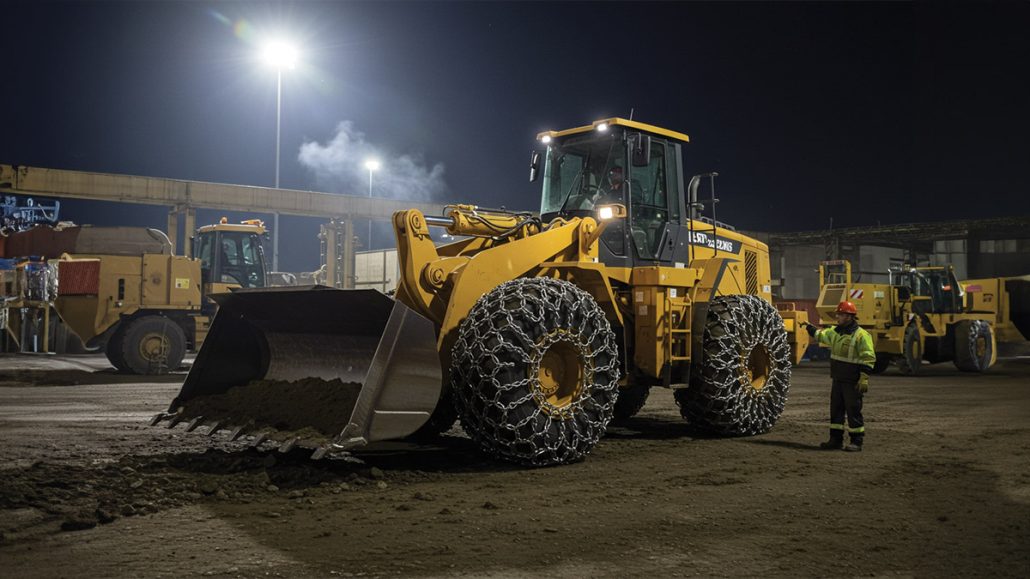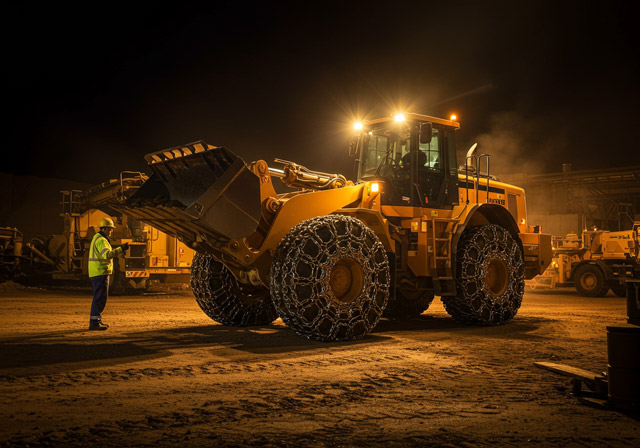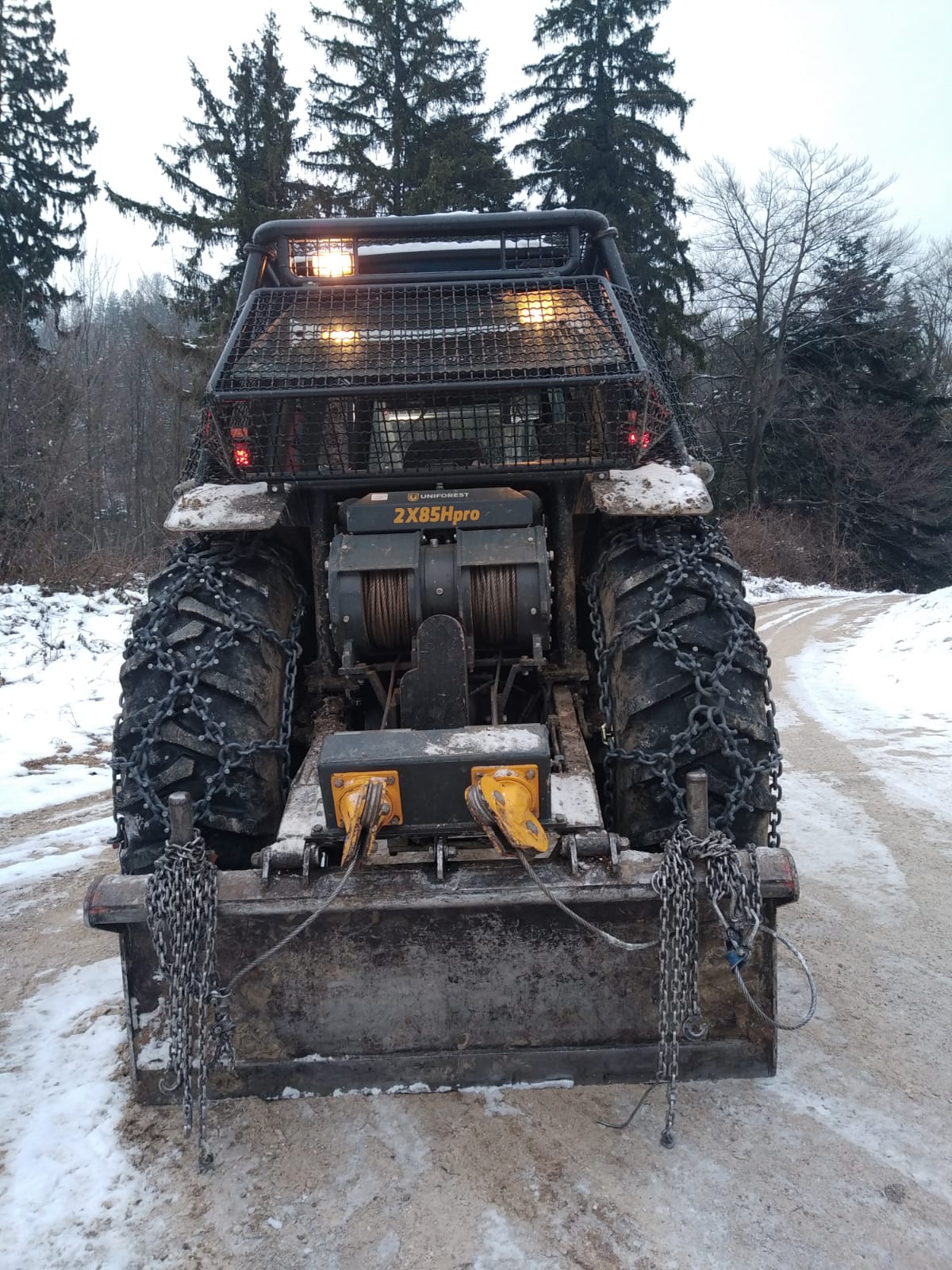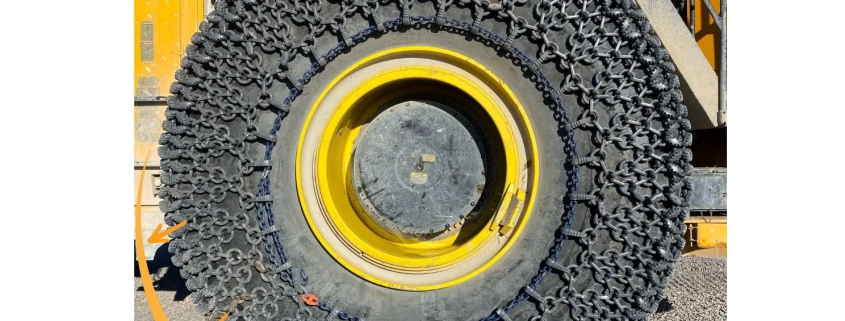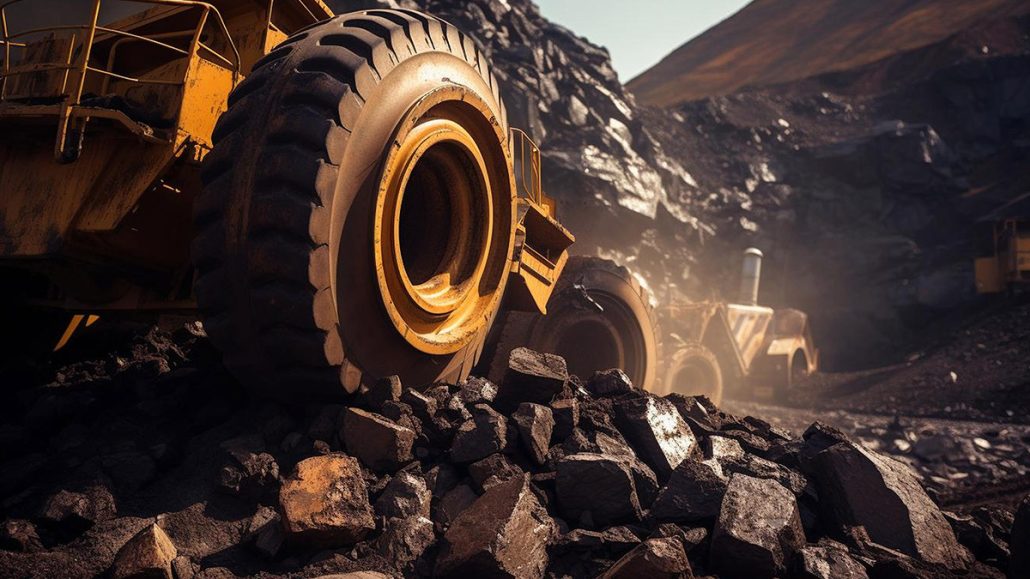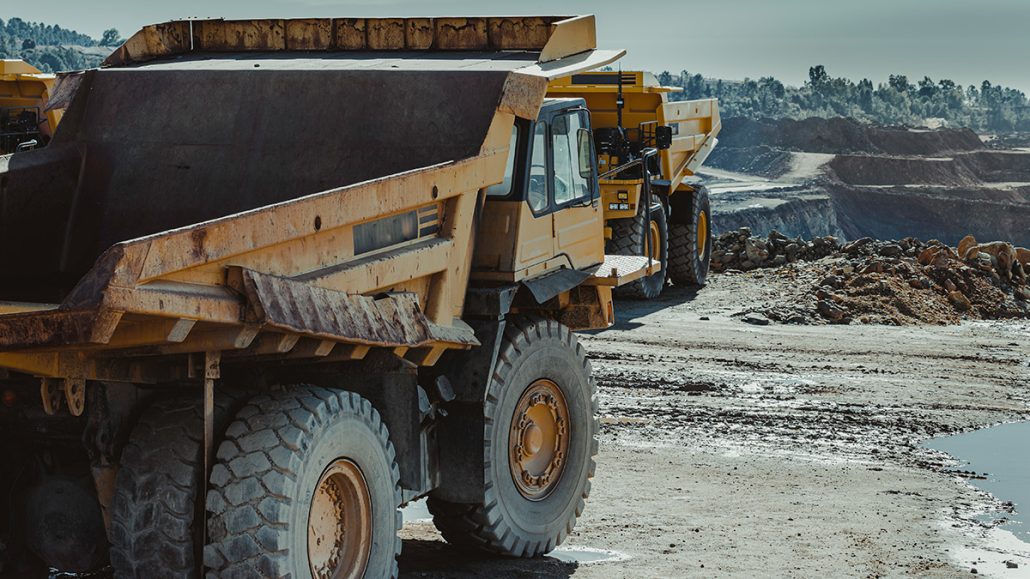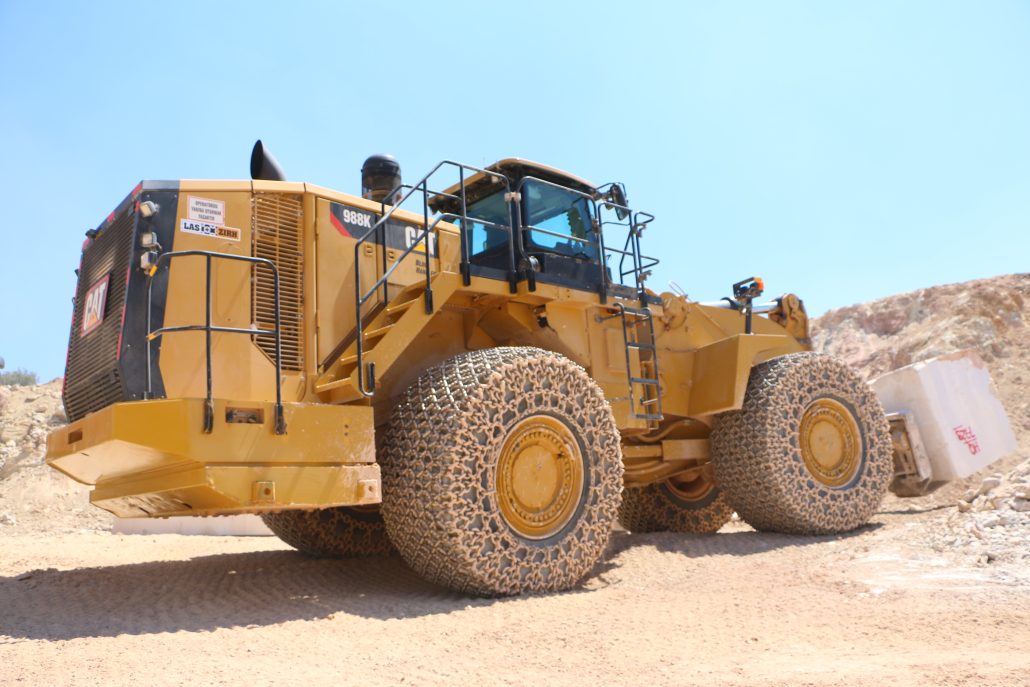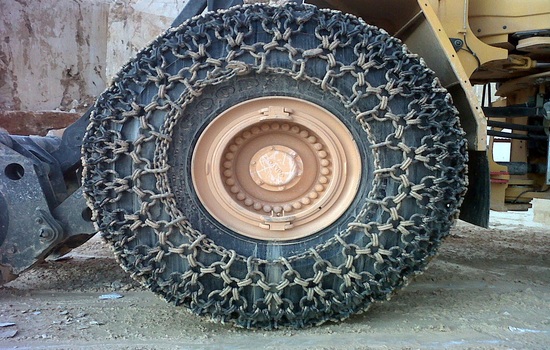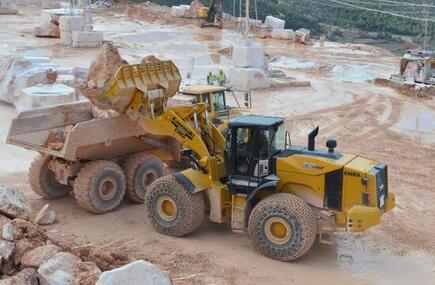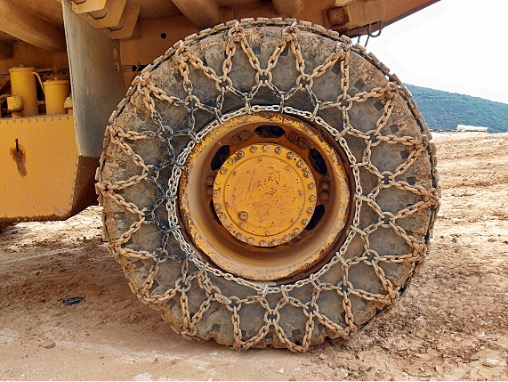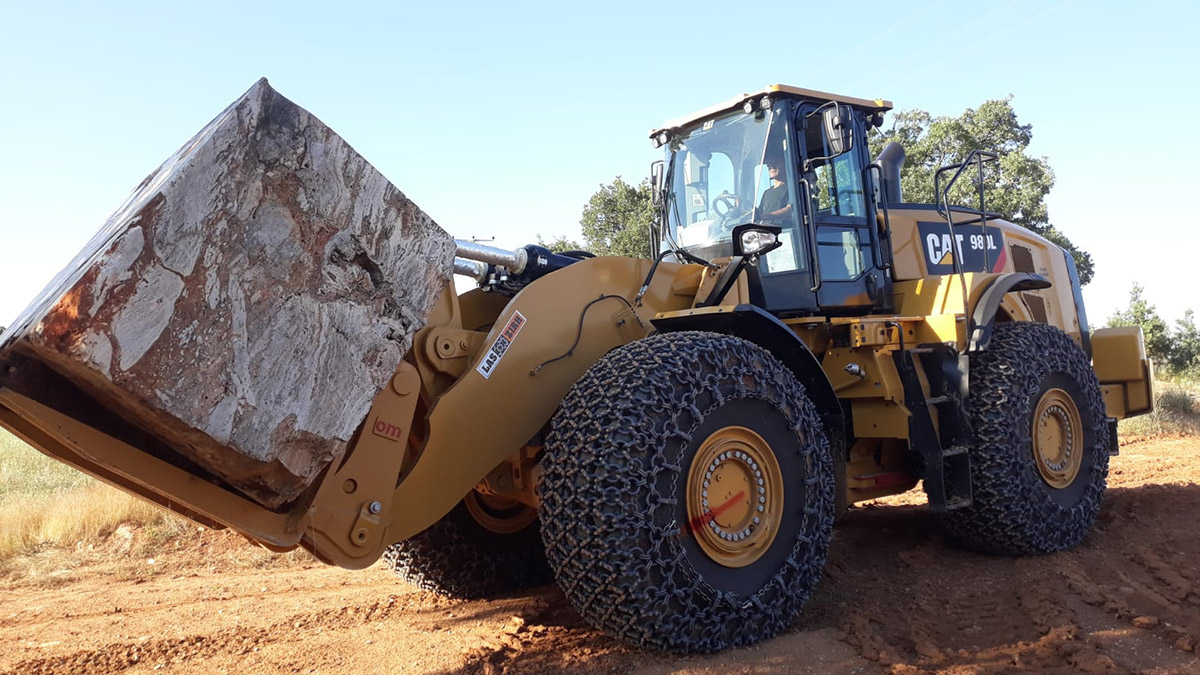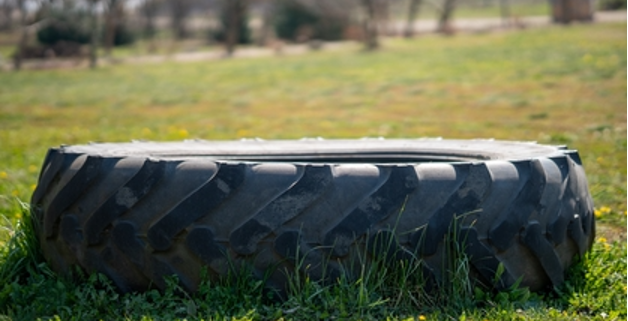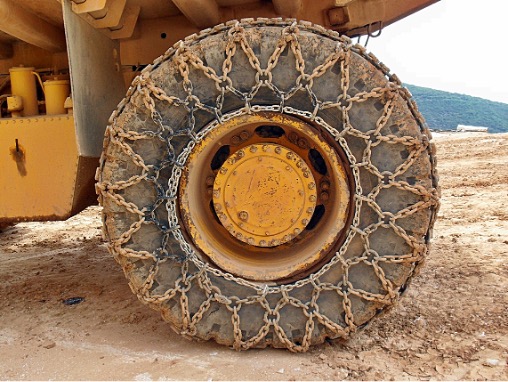Enhancing Durability with Tire Protection Chains
Heavy-duty machinery must perform at high levels under challenging working conditions. One of the most critical components of these machines is their tires, which wear out quickly on harsh terrains such as quarries, mining sites, and construction areas. Tire protection chains minimize this wear, extending the lifespan of tires and allowing machines to operate more efficiently. These chains provide essential protection, particularly for expensive heavy machinery, helping reduce maintenance costs. In this guide, we will discuss the functions of tire protection chains, their benefits, and key factors to consider when selecting the right chain.
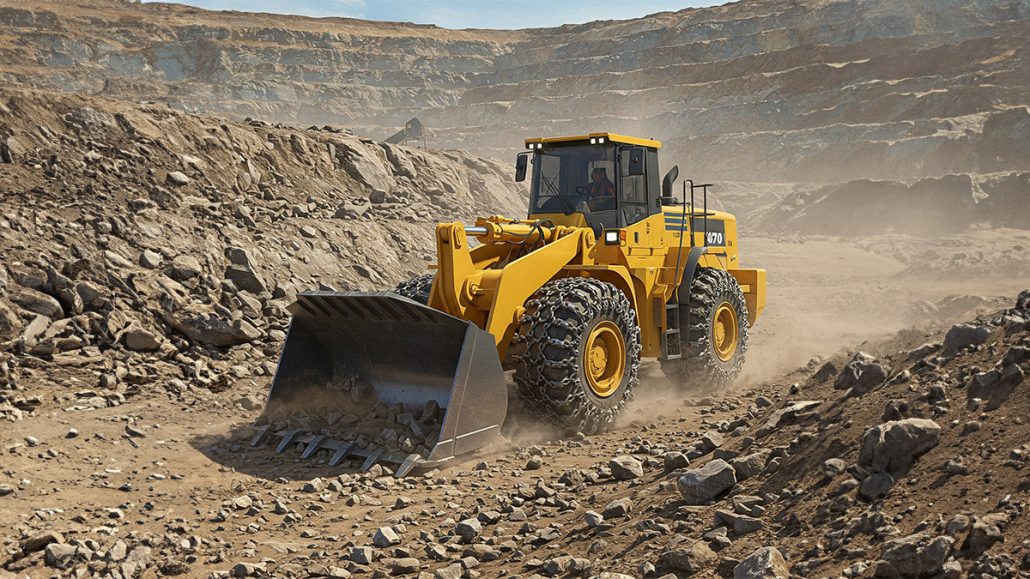
What Are Tire Protection Chains and Why Are They Used?
Tire protection chains are specially designed chain systems that shield heavy machinery tires from external elements. Machines operating in harsh terrains such as mining sites, quarries, and agricultural fields face significant tire damage due to sharp stones, metal fragments, and other abrasive materials. Such damage not only poses safety risks but also increases operational costs due to frequent tire replacements. Tire protection chains create a protective layer over the tire surface, preventing direct contact with abrasive elements. As a result, machines can operate more safely, maintenance expenses decrease, and operational continuity is ensured.
Key Functions of Tire Protection Chains
Preventing Wear and Extending Tire Lifespan
The tires of heavy machinery wear down over time due to immense weight and friction. This wear process is significantly accelerated in rocky and rough terrains. Tire protection chains reduce this wear, allowing tires to last longer. The additional protective layer prevents sharp stones, jagged surfaces, and other harmful elements from damaging the tires. Consequently, the frequency of tire replacements decreases, and maintenance costs for businesses are minimized.
Maximum Protection in Harsh Terrains
Construction sites, mining fields, and forested areas present extreme working conditions, making tire protection crucial. In such environments, tires are constantly exposed to rocks, metal debris, and other damaging factors. Tire protection chains form a robust barrier around the entire tire surface, effectively shielding it from external threats. This greatly reduces the risk of punctures and tears, while also improving stability on rough surfaces, enhancing workplace safety.
Reducing Slipping and Skidding Risks
For heavy machinery to function efficiently, strong road grip is essential. Machines operating on muddy, snowy, or slippery surfaces may experience reduced mobility. Tire protection chains enhance traction, preventing slippage and ensuring more stable machine operation. Avoiding skidding and wheel spinning is vital for workplace safety, as uncontrolled movements on slippery surfaces can lead to serious accidents. With these chains, machinery can be used more safely and effectively.
Tips for Selecting the Most Durable Tire Protection Chains
Choosing Based on Material Quality
One of the most crucial factors when purchasing a tire protection chain is the material quality. Steel alloy and heat-resistant chains are more durable against wear and ideal for long-term use. Especially in high-temperature and extreme environmental conditions, high-quality materials must be used to ensure durability. Additionally, stainless steel or coated models offer greater corrosion resistance and extended lifespan. The better the material quality, the more effective the chain protection.
Best Chain Types for Different Applications
Different industries require different types of tire protection chains. Chains designed for the mining sector feature special structures that provide extra protection against large stones and metal debris. Chains used in agricultural machinery are optimized for better traction on muddy and soft terrains. Construction machinery chains, on the other hand, feature thick-ring designs that enhance durability. When choosing a chain, the terrain conditions of the work environment must always be considered.
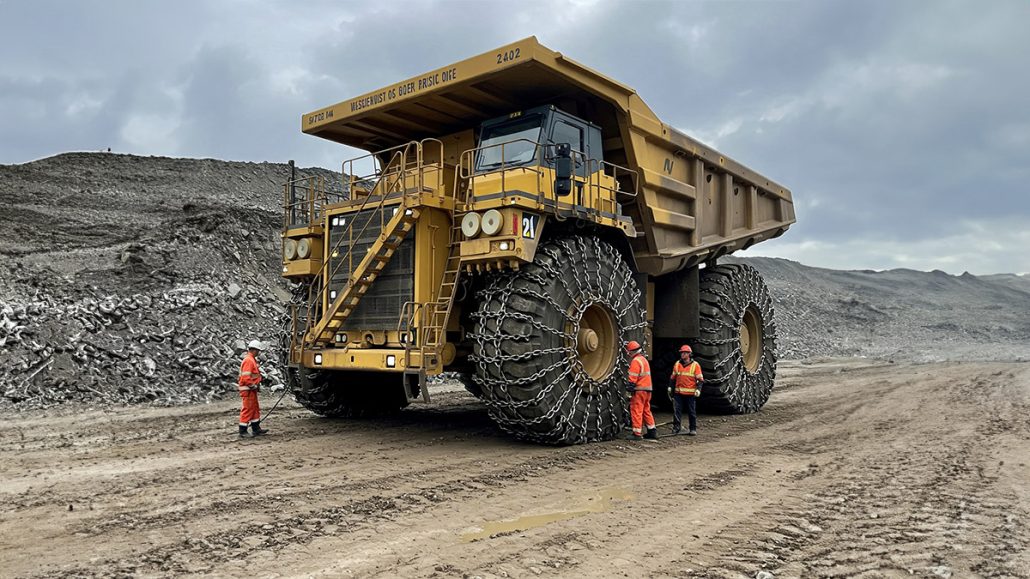
Maintenance Tips for Long-Term Use
Regular Cleaning and Lubrication
Tire protection chains require regular maintenance to ensure long-lasting performance. After each use, mud, dust, and stone particles should be cleaned off the chains. Uncleaned chains may wear out over time, losing their functionality. Additionally, periodic lubrication is recommended to extend the lifespan of the chains. Special lubricants should be used to prevent metal surfaces from rusting.
Storage Conditions and Preventing Rust
When not in use, tire protection chains should be stored under proper conditions. Chains left in humid environments can rust over time, reducing their durability. Storing them in a dry, well-ventilated space helps prolong their lifespan. Furthermore, applying protective oils to chains that will not be used for a long time provides additional rust resistance.
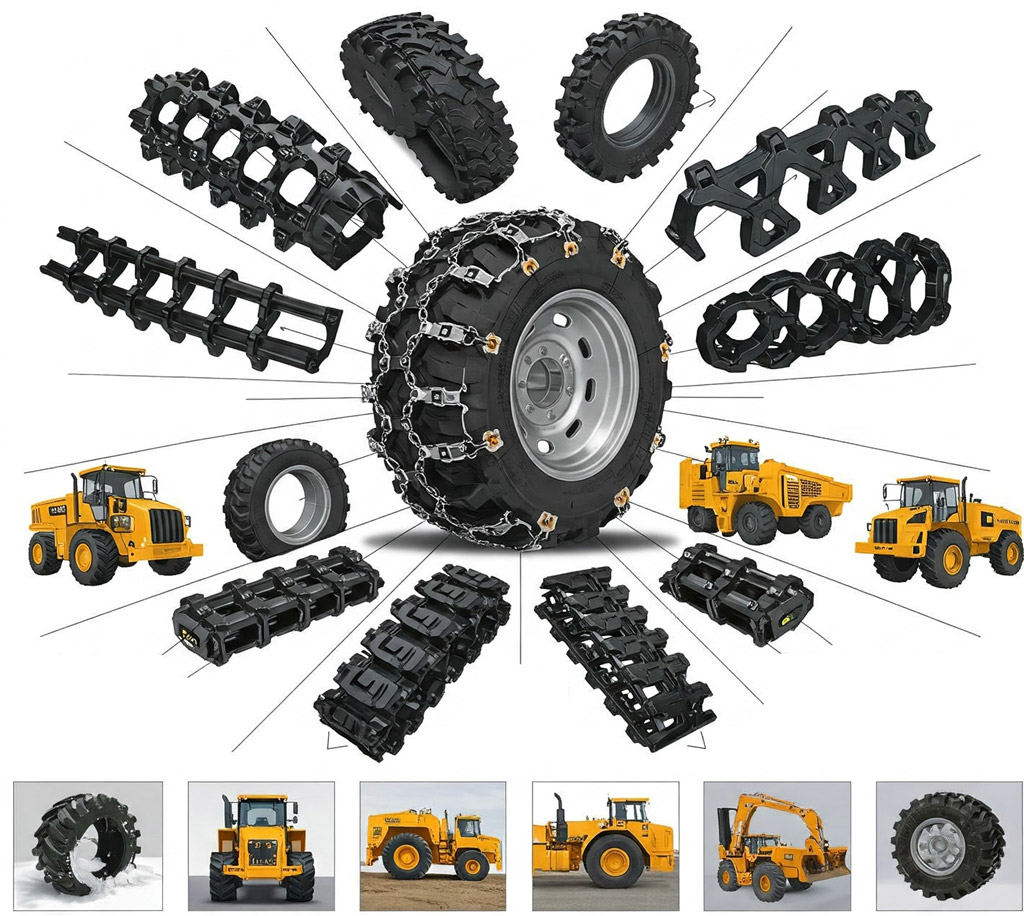
Conclusion: Maximizing Performance with Tire Protection Chains
For heavy machinery to operate efficiently and safely, tire protection chains play a crucial role. These chains prevent tire wear, ensuring a longer lifespan. Additionally, they reduce skidding and traction loss, allowing machines to function more stably. By selecting the right chains and maintaining them properly, you can enhance your machinery’s performance and minimize maintenance costs. In the long run, tire protection chains are essential for creating a more efficient and secure work environment.


